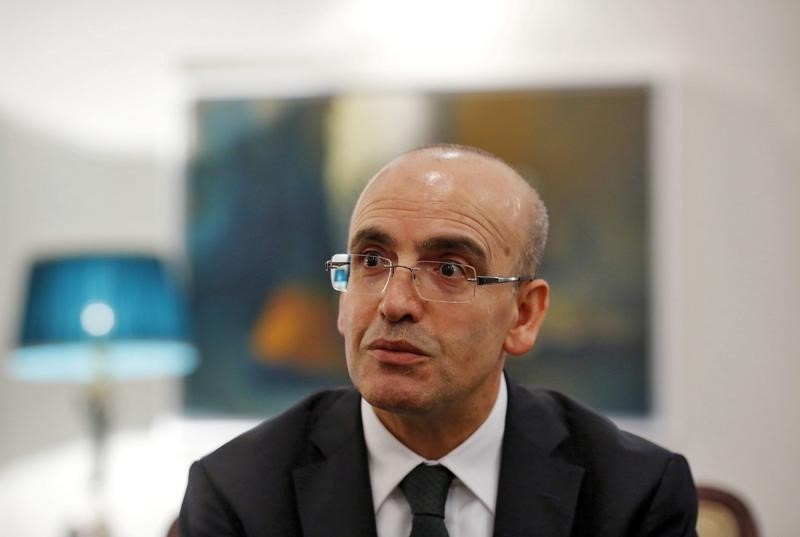Significant Statement from Mehmet Şimşek on Fuel and Tobacco Taxation
The Minister of Treasury and Finance, Mehmet Şimşek, emphasized the commitment to fight against inflation in his recent statement. He recalled that inflation was recorded at 64% in 2022 and is expected to be 65% in 2023, stating, "Our Central Bank has a forecast that we will close the year within the range of 44-45%."
Speaking to the press during the last Economic Coordination Board (EKK) meeting of the year, Şimşek provided information on the latest economic developments and strategies to be pursued in the fight against inflation. He underscored that inflation rates are expected to continue decreasing in the coming years and indicated that the budget deficit is planned to be reduced from 5% to around 3% by 2025.
Regarding the adjustments in special consumption tax (SCT) for fuel and tobacco products, Şimşek stated that an approach will be adopted that does not jeopardize the inflation target. Continuing his remarks on this matter, he noted, "In managed/directed prices, the fuel SCT is important, as well as the SCT on tobacco products."
Şimşek emphasized that the government will continue to follow the roadmap set by the Central Bank of the Republic of Turkey, considering the 2025 targets, and addressed the priority of increasing food supply in the upcoming period. He indicated plans to collaborate with the Ministry of Agriculture and Forestry on irrigation and food logistics issues.
Highlighting the critical role of the energy transformation process in the fight against inflation, Şimşek stated that reducing dependence on foreign energy would lead to more manageable levels of current account deficits and the inflationary pressures affecting exchange rates.
Increasing social housing supply also stands out as one of the important plans for the economy. Şimşek drew attention to the investment and production-boosting initiatives of the Ministry of Industry and Technology, emphasizing that such long-term strategies would have a positive impact on inflation.
Şimşek pointed out that global integration is a key factor in permanently reducing inflation, indicating that the process of updating the Customs Union with the EU would be accelerated. He stressed the need to enhance competition and facilitate market entry and exit, stating that these steps would boost efficiency and innovation.
Addressing the delayed effects of monetary policy, Minister Şimşek mentioned that the Central Bank has established the necessary framework aligned with its disinflation targets, and within this framework, sustainable support will be provided.
In terms of the Currency Protected Deposit (KKM) system, Şimşek noted that it would be made less attractive and the exit process from this system would be managed without harming the markets. He mentioned that measures would be taken, such as the elimination of the corporate tax exemption applied to legal entities.
Regarding loans, Şimşek emphasized that interest subsidies would continue in areas such as agriculture, exports, investments, and tradespeople, while stating that there would be no subsidies for consumer loans now or in the future. He predicted that access to finance would further improve alongside the decline in inflation, adding that global conditions would also be supportive in this process.


